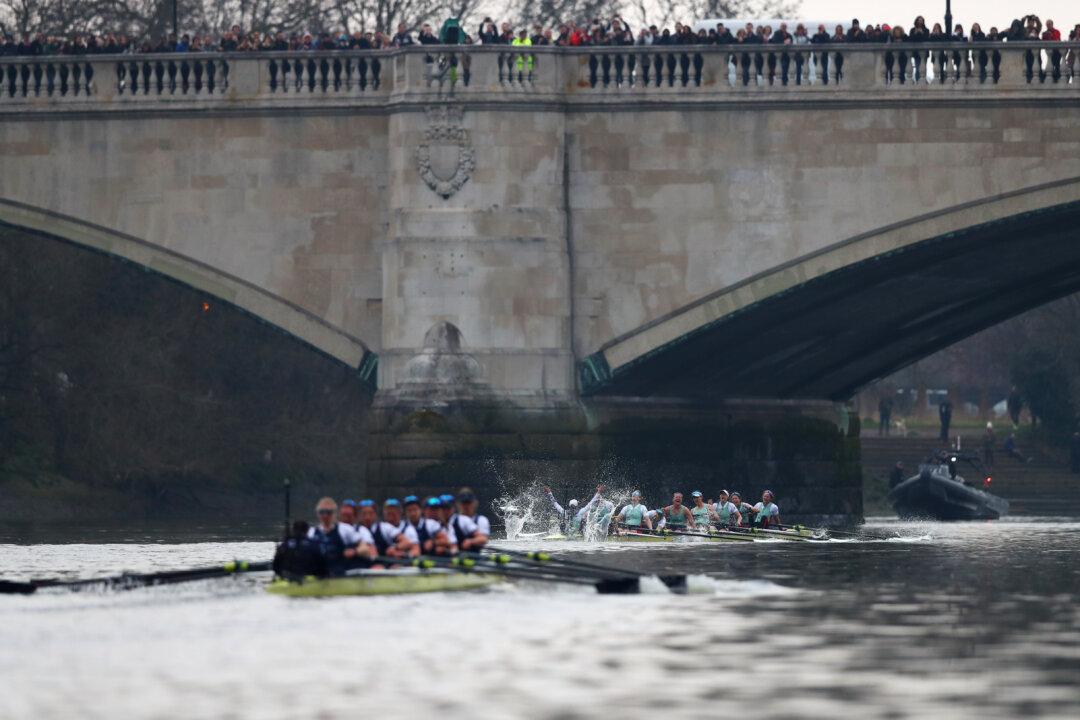Male transgender rowers will no longer be allowed to compete in the women’s category from next month, the British governing body for the sport of rowing said.
British Rowing said the policy was updated to “guarantee fair and meaningful competition.”

Male transgender rowers will no longer be allowed to compete in the women’s category from next month, the British governing body for the sport of rowing said.
British Rowing said the policy was updated to “guarantee fair and meaningful competition.”